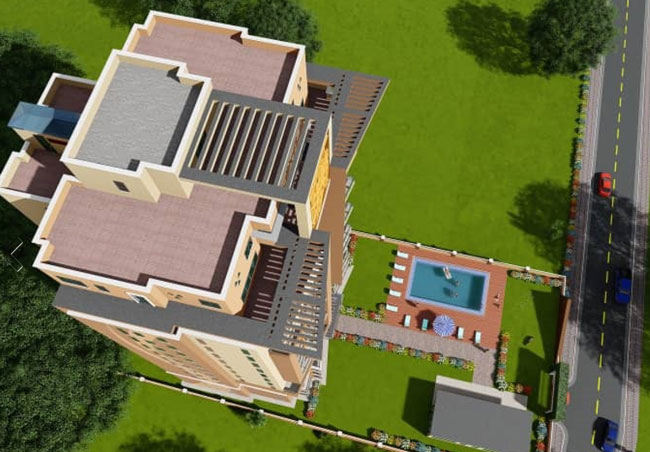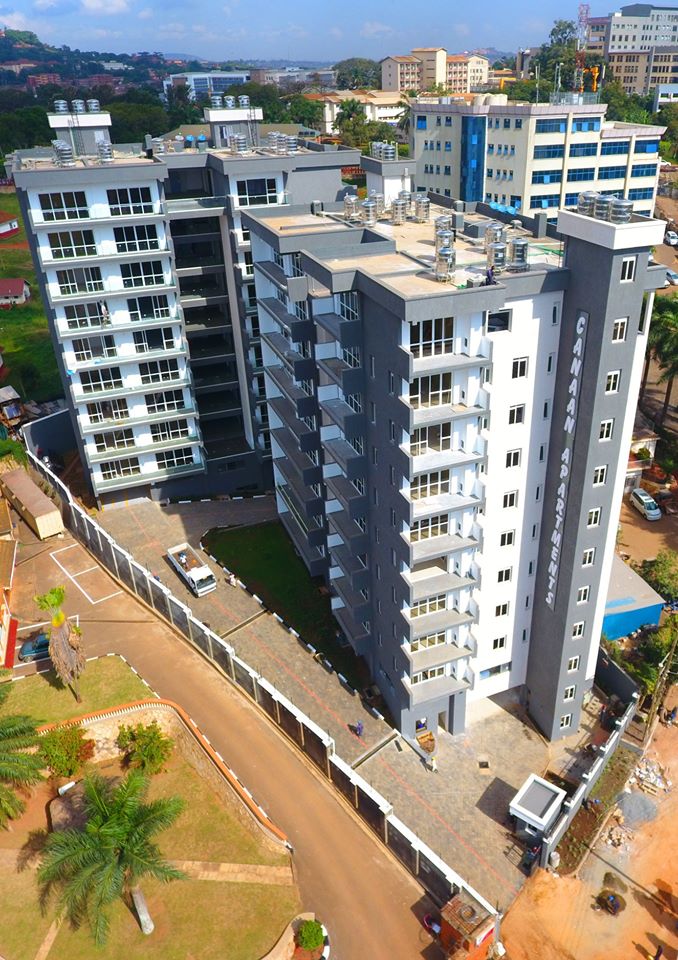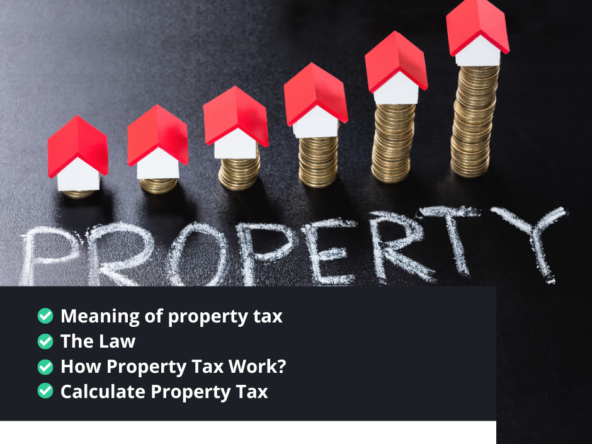The condominium law or Act in Uganda

Condo or condominium, is a new trend in Uganda, developer say is a concept worth adopting and investing in, especially in the town setting, where land is increasingly expense and diminishing.
What is a condominium? In simple terms a condominium is one of a group of housing units where each homeowner owns their individual unit space, and all the dwellings share ownership of areas of common use.
Under condominium there is no individual ownership of a plot of land. All the land in the condominium project is owned in common by all the homeowners. Condos in Uganda are regulated by the Condominium Property act 2001 which allows for one to have a land title for a specific housing unit or condo within a building

THE CONDOMINIUM PROPERTY ACT, 2001.
An Act to provide for the division of buildings into units and common property, to provide for individual ownership of those units by issuance of certificates of title in relation to the units, to provide for ownership of common property by proprietors of units as tenants in common, to provide for the use and management of the units and common property and for other connected matters.
This means that under the Condominium Property Act of 2012, property developers or company engages in the construction of apartments and sell them as is and give the buyer a title or certificate for his property the same way you would sale a stand-alone house on a plot of land.
Under this setting, there use of and access to common facilities, for example: swimming pools, elevators fire extinguishers, security, gardens, parking lots, cleaning of common areas, garbage collection services and controlled by the association of owners that jointly represent ownership of the whole condominium.
Interpretation of Condominium law
Condominium plan refers a plan registered in accordance with this Act.
Property developer refers a person or company who, whether alone or in conjunction with another person develops, sells or offers for sale to the public, units or proposed units.
Property owner refers to a person who is registered as the owner of land title such as a freehold estate in a unit, mailo estate in a unit, the leasehold estate in a unit where the parcel on which the unit is located is held under a lease.
Division of building into units. A proprietor or developer of an existing or planned building may divide the building into two or more units by registering with the registrar a condominium plan in accordance with this Act.
Register of condominium property. The registrar shall, upon an application for registration of a condominium plan, close the part of the register relating to the parcel described in the plan, and open a separate part for each unit described in the plan, and shall, upon the payment of the prescribed fee, issue a certificate of title in respect of the unit.
Application of the Registration of Titles Act.
The provisions of the Registration of Titles Act relating to registration techniques, procedures and practices shall, unless otherwise provided in this Act, apply to the registration of land dealings under this Act.
A certificate of title issued in respect of a unit comprised in a condominium plan registered under this Act shall, upon registration of the plan, be deemed to have been issued under the Registration of Titles Act.
A proprietor of a unit in respect of which part of the register is opened undersection 3 may, subject to this Act, sell, transfer, lease, charge, or otherwise deal with that unit in the same manner and form as land held under the Registration of Titles Act.
Common property. The common property comprised in a registered condominium plan shall be held by the owners of all the units as tenants in common in shares proportional to the unit factors for their respective units
Change of use of unit. An owner of a unit shall not change the use of his or her unit unless the corporation has, by unanimous approval, consented to the change of use or the planning and local authorities have approved the change of use.





